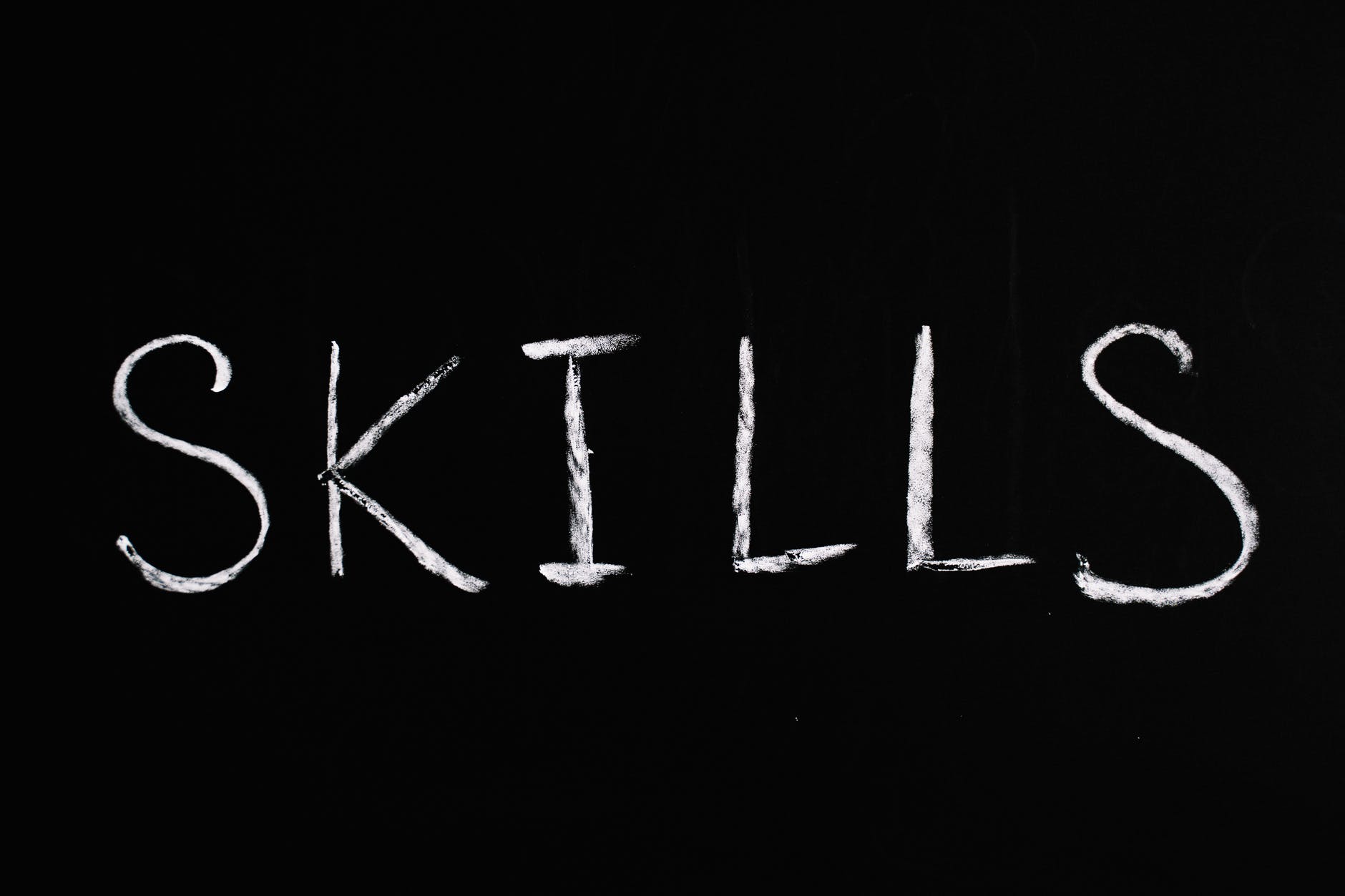What Skills Do You Need to Be an Actor
Essential Skills for Aspiring Actors
(By Tonya Tannenbaum)
Acting is a dynamic and demanding profession that requires a unique set of skills to succeed. While raw talent and a passion for the craft are essential, there are several other skills that aspiring actors should develop to stand out in the competitive world of theater, film, and television.
- Emotional Intelligence:
Acting is fundamentally about understanding and portraying human emotions. Actors must be in touch with their own feelings and be able to empathize with the characters they portray. Developing emotional intelligence is crucial for delivering authentic and compelling performances.
- Versatility:
The ability to play a wide range of characters is a hallmark of a skilled actor. Versatility means being able to adapt to different roles, genres, and acting styles, from drama to comedy and everything in between.
- Memorization:
Memorization is a fundamental skill for actors. You must be able to quickly learn and remember lines, cues, and blocking (movement on stage or set).
- Voice Control:
Voice is an actor’s primary tool. You need to develop clear diction, projection, and the ability to modulate your voice to convey different emotions, moods, and character traits.
- Physicality:
Your body is an essential part of acting. Physicality involves using your body to convey a character’s movements, posture, and physical expressions effectively.
- Improvisation:
Acting often requires quick thinking and adaptability. Improvisation skills are valuable for responding to unexpected situations, improvising lines, or enhancing scenes.
- Empathy:
Actors must be able to step into their character’s shoes and understand their motivations, feelings, and perspectives. Empathy is crucial for creating multi-dimensional, relatable characters.
- Listening:
Active listening is essential for reacting appropriately to your scene partner and delivering natural, authentic dialogue. It’s also vital for following cues and direction.
- Observation:
Actors are keen observers of human behavior and the world around them. Studying people, relationships, and social dynamics can inform your character portrayals.
- Teamwork:
Acting often involves collaborative efforts with directors, fellow actors, and production teams. The ability to work as part of a team, take direction, and contribute to a cohesive performance is vital.
- Adaptability:
Acting environments can be unpredictable. Actors must adapt to changes, such as last-minute script revisions, technical issues, or unexpected challenges during live performances.
- Self-Discipline:
Acting can involve irregular hours and intense schedules. Self-discipline is necessary for maintaining focus, rehearsing, and managing your time effectively.
- Resilience:
The acting profession can be emotionally and mentally taxing, with frequent rejections and challenges. Building resilience helps you bounce back from setbacks and continue to pursue your passion.
- Character Analysis:
Understanding the background, motivations, and conflicts of the characters you portray is crucial for creating believable performances.
- Mastery of Craft:
Acting techniques and methods, such as Stanislavski, Meisner, or the Method, provide structured approaches to character development and performance. Mastering these techniques can deepen your acting skills.
Becoming an actor is a multifaceted journey that requires the development of various skills beyond just memorizing lines and emoting. The combination of emotional intelligence, versatility, physicality, and effective communication makes a well-rounded actor. These skills, along with resilience and a strong work ethic, can help you not only succeed in the acting profession but also deliver powerful and memorable performances on stage and screen. Continual learning, practice, and dedication to honing these skills are essential for those aspiring to make their mark in the world of acting.




